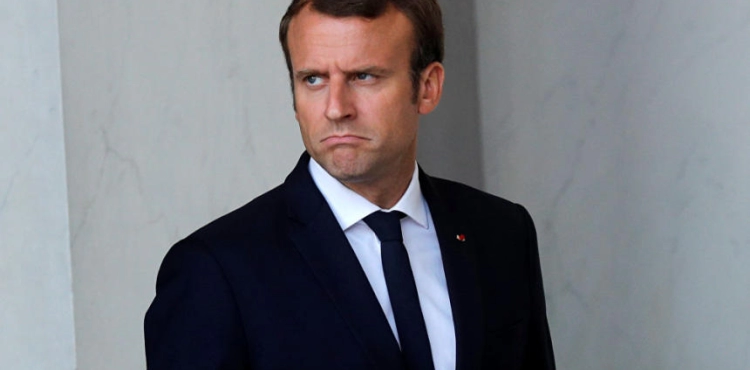"Jerusalem" dot com - was the lack of French confidence with senior political level "worrying" in the midst of "jackets zero" crisis, after Emmanuel shifty failed to broadcast a new hope, as reported Political Research Institute, which published a newspaper (Le Figaro) poll today Friday.
In an interview with RTL, Bruno Cotres, a researcher at the Institute for Political Research, described the situation by saying that Emmanuel Macaron, "a young president with a very optimistic message, whose campaign has focused on restoring confidence, but we have not reached it."
Confidence in the president is at its lowest level (23 percent), 13 points lower than last year, according to the 10th annual poll of the Center for Political Research. In contrast, far-right leader Marin Lupan has gained eight points.
The worst thing about Emmanuel Macaron is that the number of people who were initially asked to trust him before they relinquish this confidence has doubled in a year, from 13% to 26%.
"The shock of confidence that Emmanuel Macaron hoped for after his election did not seem to have taken place," said Martiel Foucault, director of the political research center of Le Figaro, and after a period of confidence restored last year, the French once again expressed worrying levels of Confidence".
Three negative words were often cited to summarize the status quo: "Obstruction" (23%, +7% last year), "Depression" (31% +8) and "Lack of Trust" (29% + 4).
Feelings are also negative towards government policy and are often used to express words such as "mistrust" (37% -2), "disgust" (32%, +7%) and "bored" (8%).
The upsurge in disgust can explain the continued movement of the "zero jackets," who especially protest the social and tax policy of Emmanuel Macaron.
Only 27 percent of respondents said democracy was well implemented in France and only 14 percent believed political officials were preoccupied with what people thought.
The survey was conducted on the Internet between December 13 and 24, 2018, and included 2,116 people aged 18 and above, with a margin of error of 1 to 2.2 points.












